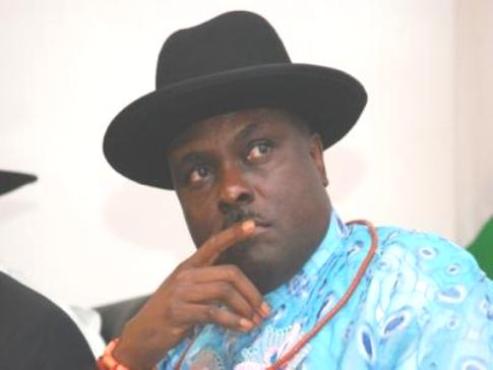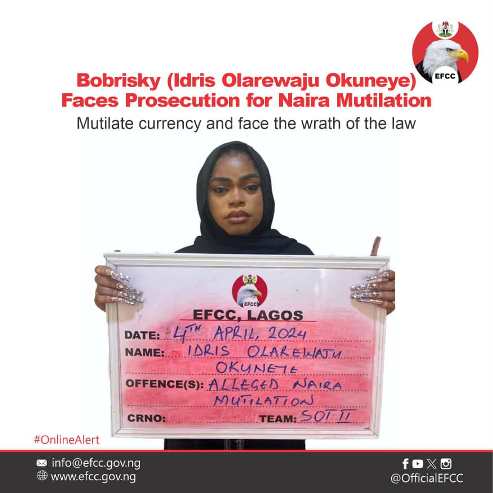JUST IN: Brazil’s Senate SacksPresident Dilma Rousseff from Office
LAGOS AUGST 31ST (URHOBOTODAY)-Brazil’s Senate voted overwhelmingly on Wednesday to permanently remove President Dilma Rousseff from office, marking a turbulent finale to 13 years of center-left government in Latin America’s largest country.
Rousseff, a onetime guerrilla turned economist, was convicted on a vote of 61 to 20 of breaking fiscal responsibility law. Brazil’s more conservative Vice President Michel Temer will serve out the rest of her term, till 2018.
Though Brazil basked in the world’s attention during this month’s Olympics, it continues to be saddled by a crippling recession, an ongoing investigation into widespread corruption and a crisis in confidence in the political system.
Over the last few days, as Rousseff emphatically protested her innocence and accused elites of orchestrating a “coup,” protesters in some cities clashed with police and fires blocked main arteries, but the demonstrations were smaller than those that called for her ouster earlier this year and led to her temporary suspension in May.
“I was no fan of Rousseff’s government. It made serious mistakes. But at least she was elected legitimately,” said Michelle Brito, 33, who attempted to join a protest against Temer’s new government near her work Tuesday night in Sao Paulo, Brazil’s largest city, before being turned away by tear gas, explosions, and crowds running from police.
“I believe the men who took over did so cynically and with the worst intentions,” Brito said. “They wanted to take power without having to face democracy, and I fear now for how we may suffer. ”
Though polls showed a majority of Brazilians wanted Rousseff out before the impeachment process started, a majority also wanted to remove Temer. Brazilians vigorously booed him during the recent opening ceremony of the Rio Olympics.
Recent polling suggests a majority preferred new elections and only half the country believed impeachment was being carried out in full accordance with the law. The Supreme Court, however, allowed the Senate to decide if Rousseff’s offenses merited impeachment, and much of the country’s political and business elite has been united around the idea of a permanent Temer government for months.
Temer, who turned on Rousseff to support impeachment, formed an alliance with parts of her coalition and the party that lost the 2014 election. He cannot run for president in 2018 because he has been convicted of breaking campaign finance rules and banned from running for office. The two men behind him in line for the presidency have been accused of corruption, while Rousseff has not. Technically, she was accused of shifting public funds to mask federal deficits.
Temer’s new administration surprised Brazilians in May when he steered the country sharply to the right and installed a new Cabinet made up of entirely white men in a country that is minority white, then three of his new ministers immediately had to resign amid corruption accusations unearthed in the country’s sprawling “Car Wash” corruption probe.
Temer, who has served as “interim” president since Roussefff was suspended in May, will now be granted full powers, but may nevertheless face an uphill battle to establish popularity and get the economy back on track.
“It’s going to be a difficult period for Brazil’s economy under Temer, and it would have been difficult under Rousseff. Even if Temer survives [until 2018] and is relatively successful, we don’t expect him to be very popular,” says Joao Augusto de Castro Neves, Latin America Director at the Eurasia Group in Washington.
Despite the lack of consensus as to whether this the right way to remove Rousseff, he added, “few governments in the world would have survived this perfect storm of political factors. Rousseff lost political support, the country faces a severe recession, and there is an ongoing, massive corruption scandal.”
Out of the last four presidents elected in Brazil, Rousseff is the second to depart office early. In 1992, President Fernando Collor resigned before facing impeachment. This may be the first time since the fall of Brazil’s dictatorship in the 1980s that a significant portion of the population questions the democratic legitimacy of its leader.
The final moments of the lengthy impeachment proceedings offered moments of high drama that captured the attention of the country just after the spectacle of the Rio Games.
On Monday, Rousseff took the stand for 14 hours, defending herself emphatically during questioning after reminding the country of the torture she suffered as a revolutionary under Brazil’s dictatorship and said conservatives elites had conspired to overthrow her election and threaten democracy.
Los Angeles Times























